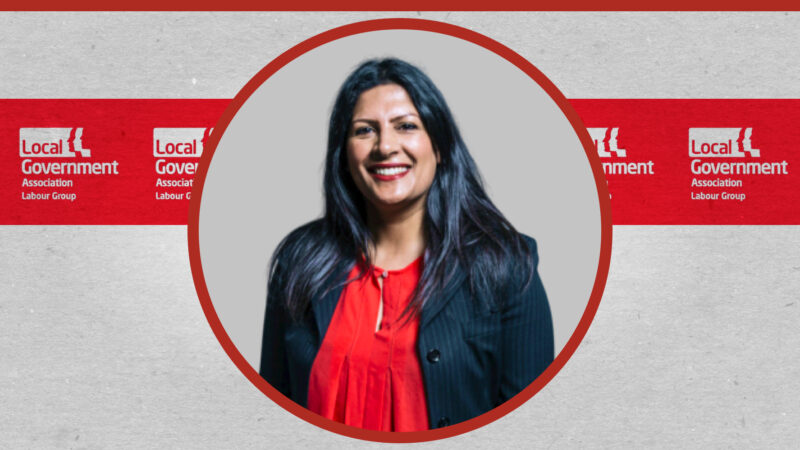
Around the country, Labour’s elected local representatives are working day in, day out, to push back against austerity and try to deliver innovative and positive solutions for the people they represent. Whether they are councillors, metro mayors or police and crime commissioners, we are lucky to have Labour representatives at every level putting our values into action. They show what Labour can do when in power, which is why I think MPs and the wider labour movement should try harder to listen to them.
That’s why I set up Labour Friends of Local Government with my good friend Jo Platt, the former MP for Leigh and someone I first met when we were both councillors in different parts of the country. We wanted more MPs to be learning from the brilliant work that Labour councils are doing around the country, and to understand the huge problems they face. The LGA Labour Group and the Association of Labour Councillors do great work co-ordinating and leading campaigns between Labour councillors and councils.
All too often, however, those in Westminster are oblivious to the daily struggles that our councillors face. Since setting up Labour Friends of Local Government in 2018, we’ve held seminars for Labour MPs and peers on topics such as local government finance, adult social care, and insourcing. This has offered our colleagues in parliament the opportunity to hear from leading councillors and trade unionists about the work that our councils are doing and the challenges that they are facing. The aim is to give parliamentarians a deeper understanding of important policy issues.
Those Labour representatives working away from Westminster to deliver positive outcomes directly and indirectly should be our seen as our partners. There is no excuse for not talking and working with them far more. I’ve served as a councillor, and I’ve seen first-hand the inequalities in how local government is financed – particularly in the council tax system. We need to look properly at devolution and how we ensure it is done in conjunction with partners rather than imposed as a top-down policy. Policy discussions like these require the national Labour Party to listen and learn from those dealing with it on the ground. We could start by making sure that we treat the role of councillors with the respect it deserves.
That’s not to say that local government is perfect. One area that concerns me is representation. Although Labour councillors are significantly more diverse in almost every way than councillors from other parties, the 2018 LGA Councillor Census showed that 45% of all councillors were retired (against 22% in the general population), 96% described themselves as white (against 87% of the general population) and only 16% were in full-time work (against 34% of the general population). It is great that so many people want to use their time to act as councillors, and we should not discourage them from doing so. But these statistics should give us cause for concern.
We need to ask why only 15% of councillors are under the age of 45. We should seek new ways of professionalising the role so that everyone is properly equipped to fulfil the requirements of the position, and we must go above and beyond in supporting people from underrepresented backgrounds. It’s great that Labour has more councillors that are women, BAME, and working-class, but we still have some way to go. Our party should be doing much more to encourage members to learn about local government and put themselves forward as candidates in local elections.
Most people’s interaction with government comes through their local council. Whether it is bin collections, potholes or children’s centres, local government is often their first port of call. That means that for Labour to become an electoral force again, we need to start at the local level, by building the trust not only of the party but of the public too. The best way to do that is through local councillors –those people who have been out campaigning, governing from power, and connecting with their local communities in different areas around the country. As MPs, we shouldn’t forget this, and we should view our councillors as equals. We will be electing a new leader and deputy leader in April, and I’m looking forward to working with them to promote the important work of our Labour councillors within the Labour Party. Our strength will come from working together.




More from LabourList
Letters to the Editor – week ending 15th February 2026
‘Labour council candidates – it’s tough, but all is not lost’
‘Labour won’t stop the far right by changing leaders — only by proving what the left can deliver’